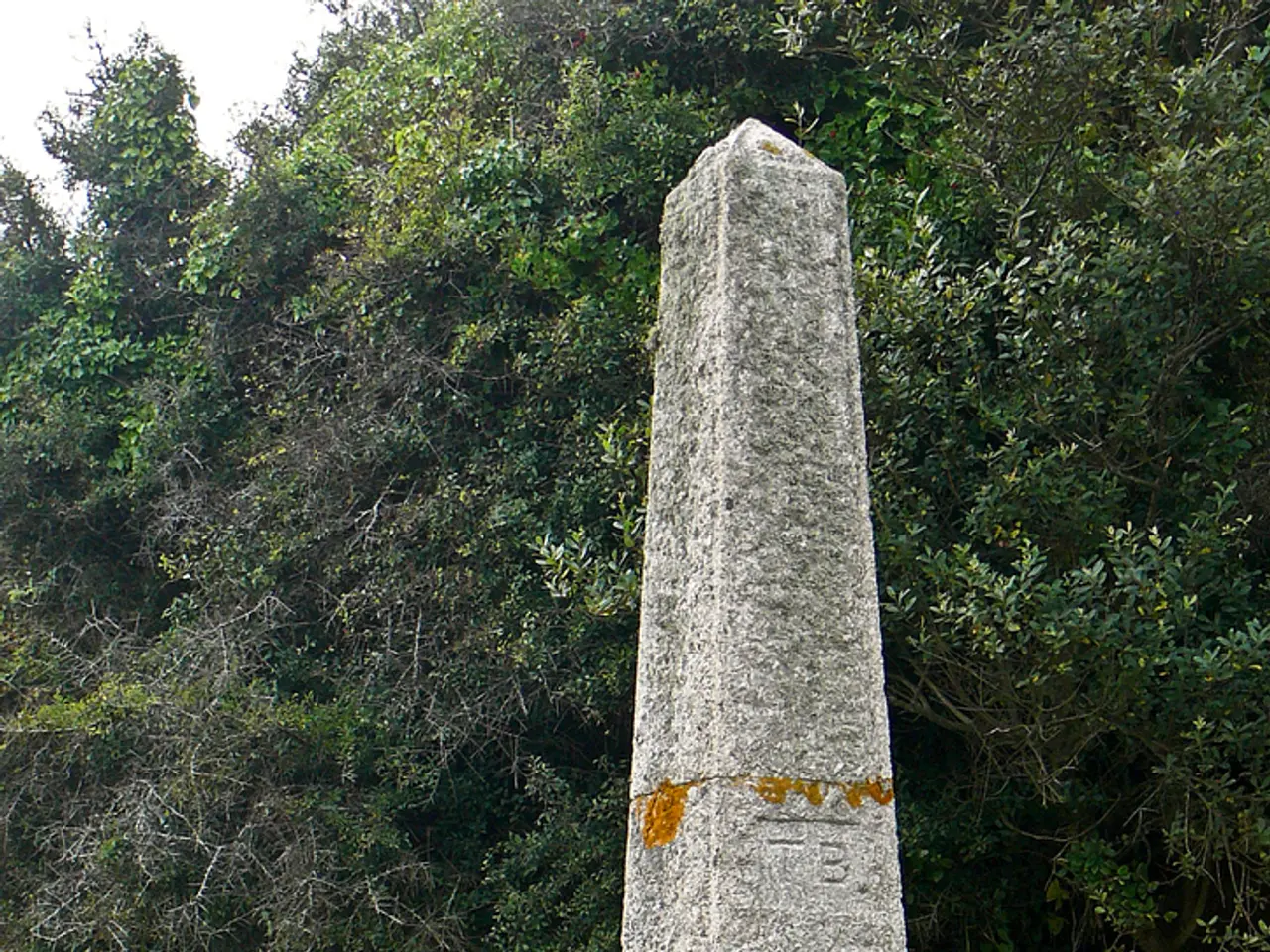Ancient Site Governed by King Midas in Modern-Day Turkey
Gordion, a city in modern-day Turkey, holds immense historical significance as the capital of the Phrygian kingdom, which dominated much of western and central Anatolia during the first millennium B.C.
The Phrygian Civilization, which existed in the Iron Age between the 9th and 8th centuries B.C., originated from migrations of people from the Balkans and settled in several provinces of Turkey, including Ankara, Afyonkarahisar, Eskişehir, and Kütahya. Gordion, in particular, was a political and cultural heart, known for advanced crafts like metalwork, wood carving, and textile production, notably Phrygian carpets.
Modern excavations have revealed extraordinary finds that highlight Gordion’s royal heritage. One such discovery is an exceptionally well-preserved wooden burial chamber with 88 metal artifacts, including bronze cauldrons and vessels nailed to the tomb’s walls, believed to be from the Phrygian royal family connected to King Midas and Gordios. The Midas Mound Tumulus, one of the largest burial mounds in Anatolia, contains an intact tomb "with no parallel anywhere in the world," underscoring the site’s unique archaeological value.
For travelers interested in archaeology and ancient civilizations, Gordion is a must-visit. It offers a rare glimpse into Phrygian royal culture and ancient Anatolian history, enriched by continuous habitation over millennia. The site features monumental constructions like the Midas Mound, and the chance to see the remains of the royal tombs and artifacts firsthand. Its connection to legendary figures such as King Midas and to the famous Gordian Knot legend ties together archaeology with classical mythology.
Being a UNESCO World Heritage Site since 2023, Gordion is recognized globally for its outstanding cultural and historical importance. Visitors can explore the crossroads of ancient civilizations, where Phrygian, Greek, and Near Eastern cultures intersected. Gordion is not only a treasure trove of Phrygian royal history and artistry but a gateway to understanding the complex cultural tapestry of ancient Anatolia.
The Phrygians participated in the Trojan War as allies of the Trojans, according to the "Iliad." The empires of Assyria, Babylon, and the Hittites were to the east, and Greece and Lydia were to the west. The Phrygian religion was polytheistic and featured a main deity, Matar Kubeleya, associated with mountains and wild animals.
The Phrygian State collapsed in the early 7th century BCE due to attacks by nomadic Cimmerians. However, the Mountainous Phrygia region in modern-day Turkey has several important archaeological sites showcasing Phrygian rituals and social life.
Alexander the Great conquered Gordion by slicing the famous Gordian Knot in half with his sword. The Phrygian Way, Türkiye's third-longest hiking trail, stretches more than 500 km across several provinces and showcases historical sites from various empires. Visitors can see various archaeological artifacts at the Gordion Museum, including handmade pottery, iron tools, seals, coins, and ancient pottery and imported goods.
The best time to visit Türkiye is during the spring (March to May) and autumn (September to early November) due to pleasant temperatures. The largest tumuli in the area is 53m high, making it the second largest burial mound in Türkiye. The tomb in the Midas Mound is the oldest wooden building still standing anywhere in the world.
In summary, Gordion is not only a treasure trove of Phrygian royal history and artistry but a gateway to understanding the complex cultural tapestry of ancient Anatolia, making it indispensable for archaeology enthusiasts and those fascinated by ancient civilizations.
The Phrygian civilization, known for its advanced crafts like metalwork, wood carving, and textile production, offers a unique opportunity for travelers interested in archaeology and ancient civilizations to discover the royal lifestyle of the Phrygian kingdom, especially in the city of Gordion. With its UNESCO World Heritage status, Gordion showcases the intersection of Phrygian, Greek, and Near Eastern cultures, allowing visitors to delve into the travel history of one of the most fascinating ancient civilizations.




